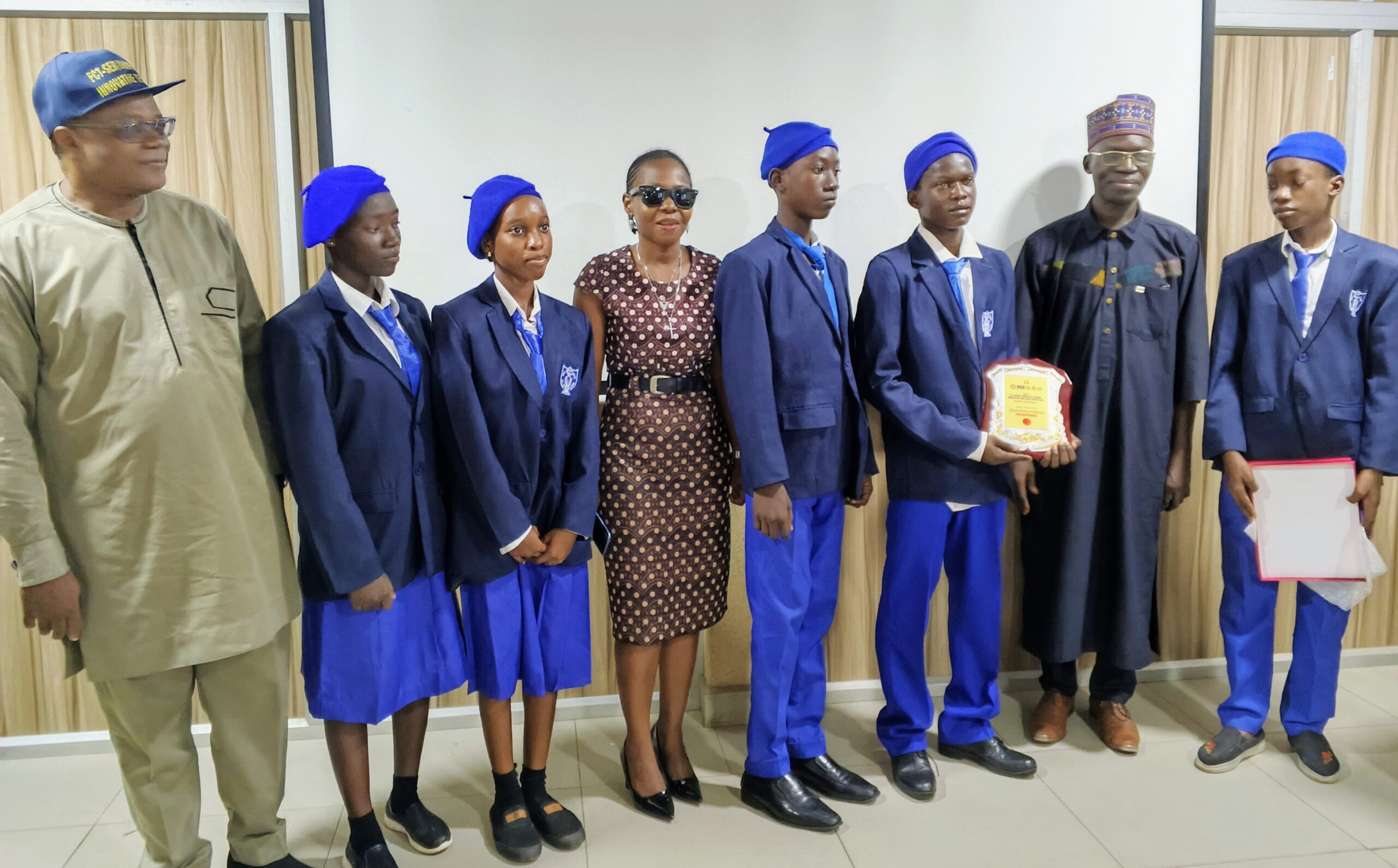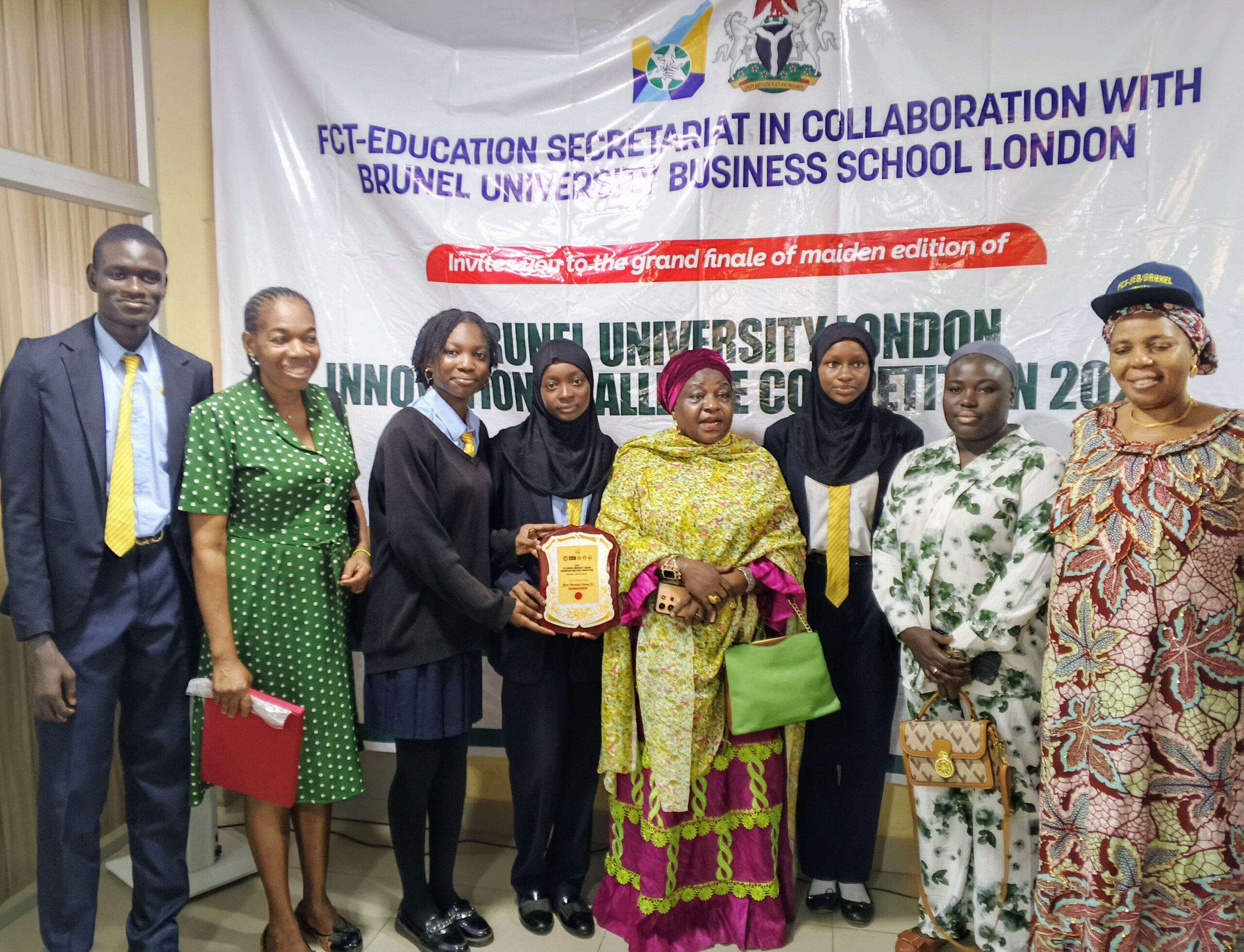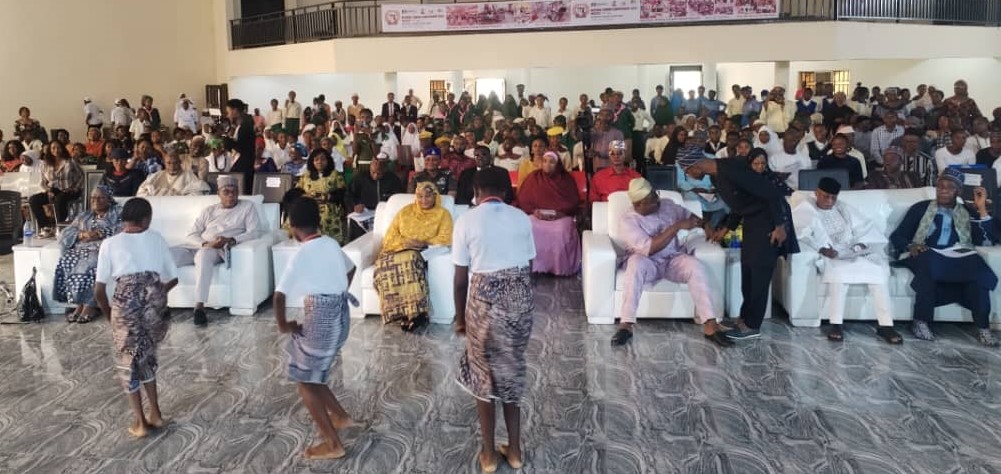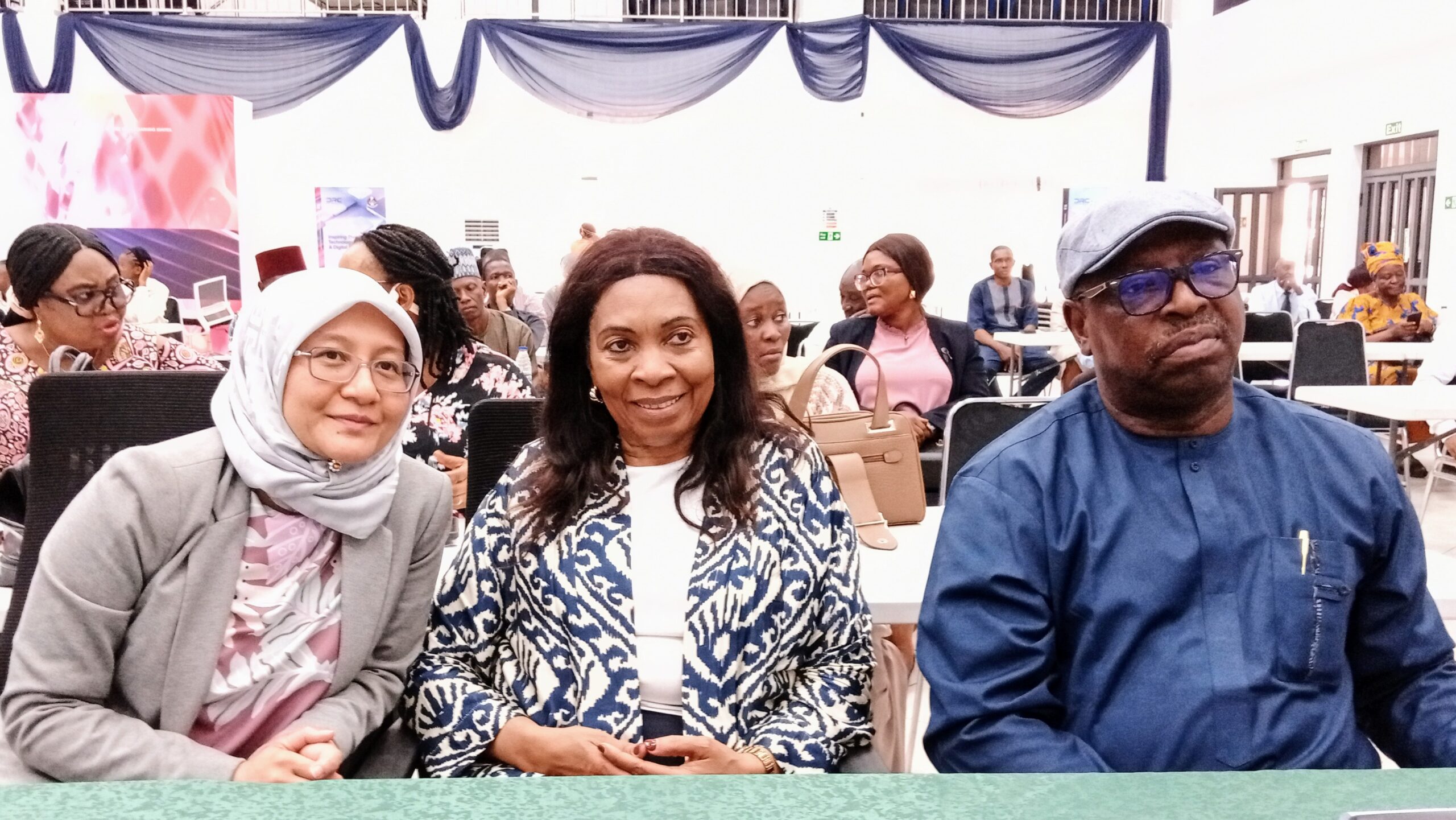FCTA nurturing students’ creativity, entrepreneurship skills
By Philip Yatai
The Federal Capital Territory Administration (FCTA) has reiterated its commitment to scale-up programmes that cultivate students’ creativity and entrepreneurship skills to change the world.
Dr Danlami Hayyo, Mandate Secretary, FCT Education Secretariat, stated this in Abuja on Monday, at the grand finale and award ceremony of the FCT-Brunel Innovation Challenge.
The challenge was organised by the Brunel University Business School, London, and the FCT Education Secretariat to promote entrepreneurship among secondary school students.
Represented by the Director, Department of Higher Education, Mr Siyanbola Olumuyiwa, the mandate secretary said that FCT was building an education system that empowers young people with skills and confidence to shape the future.
He said that the students’ innovative ideas “is a testament to what is possible when education is anchored in innovation and supported by visionary leadership.
“This event represents more than the culmination of a competition but a celebration of creativity, resilience, and the limitless potential of our students to provide practical solutions to the challenges facing our society,” he said.
Hayyo commended the FCT Minister Nyesom Wike for his unwavering support for education, youth empowerment, and transformative partnerships.
“His leadership has continued to inspire bold initiatives that position Abuja not only as Nigeria’s capital but as a beacon of excellence in education and innovation.
“To our dear students, you are the heartbeat of this challenge.
“You have embraced new ideas with enthusiasm, tackled problems with courage, and shown us all what the future could look like through your eyes.
“Whether or not you claim the top prize today, know that you are already winners in our eyes and ambassadors of a new, innovative generation,” he said.
Dr Mohammed Ladan, Director/Secretary of the FCT Secondary Education Board, described the innovation challenge as a “place where creativity meets opportunity”.
Represented by Mrs Pamele Mbanefo, Director/Principal, Nigeria-Korea Model School, Abuja, Ladan stressed that ideas have the power to change the world, if properly harnessed.
“Today we gathered to explore new possibilities, disrupt conventional thinking and showcase the brilliance of minds who were determined to make a difference.
“This competition is not just about presenting ideas, but about practical solutions that address new world problems,” he said.
He urged students to think differently, push their limits to see how far their imagination could take them.
Glisten International Academy emerged winner of the competition with Government Secondary School (GSS) Gwagwalada and GSS Kwali as first and second runner up. (NAN)
Edited by Abiemwense Moru











